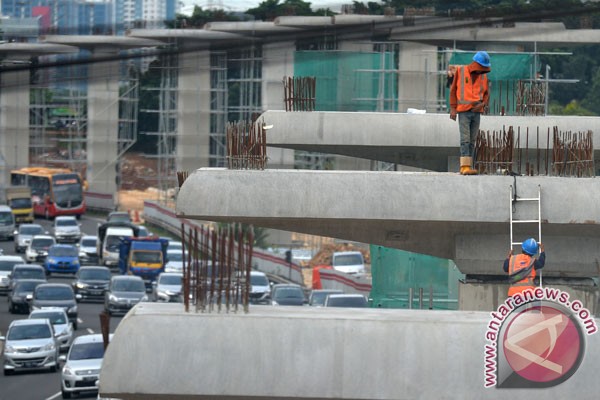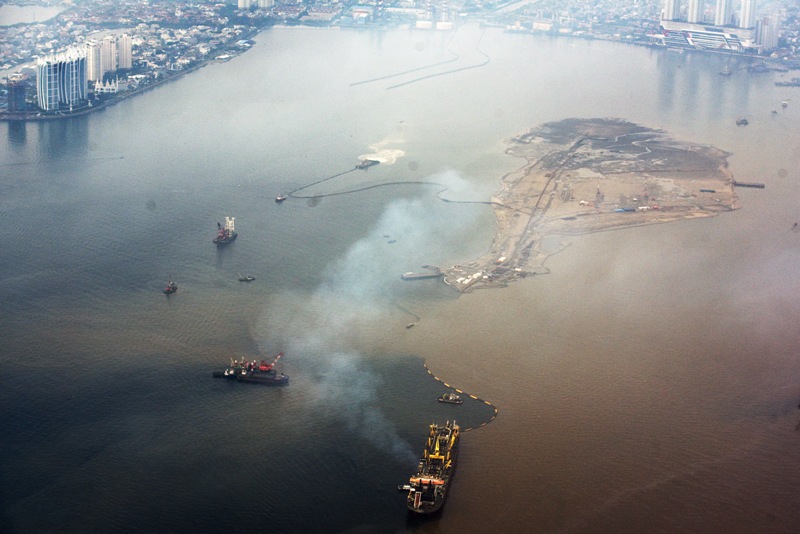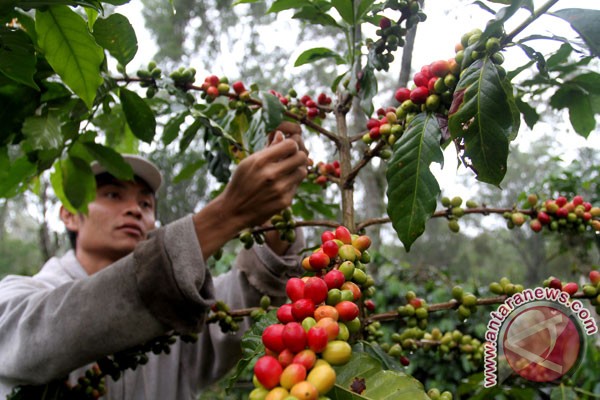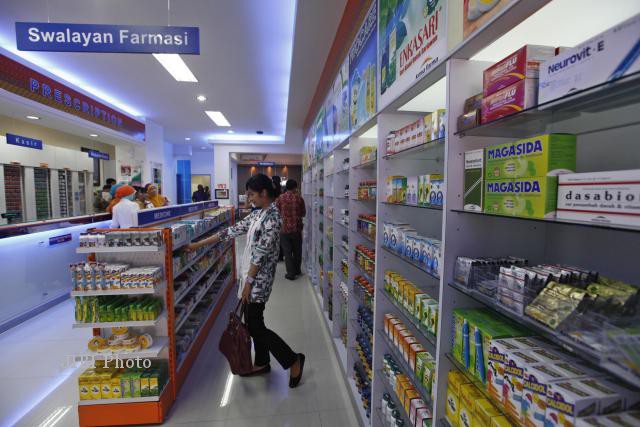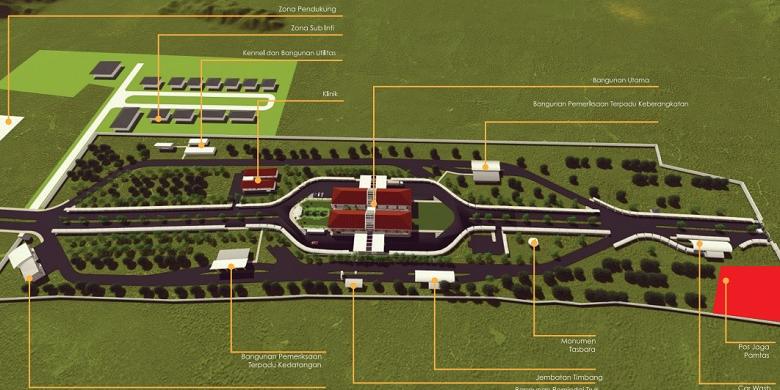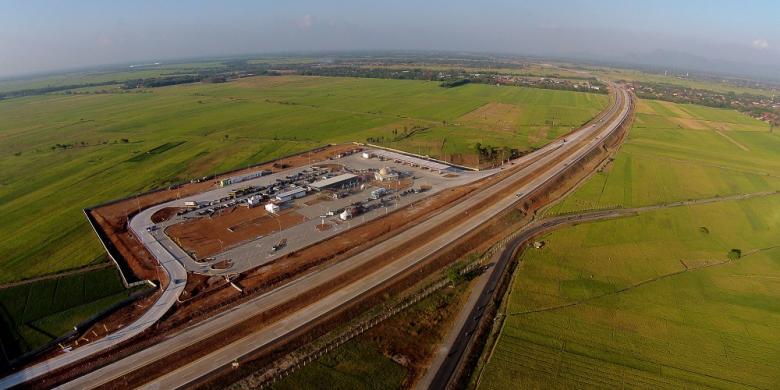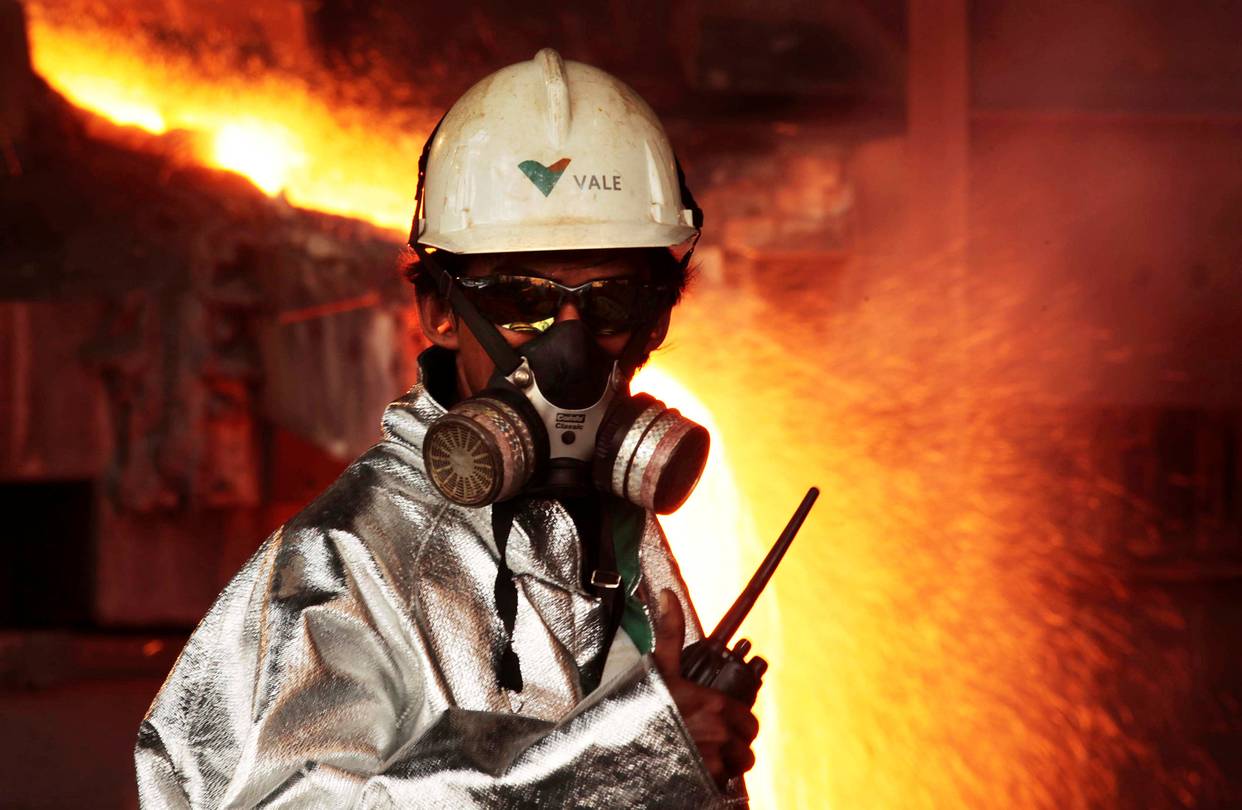Daniel808
SENIOR MEMBER

- Joined
- Nov 24, 2013
- Messages
- 4,960
- Reaction score
- -8
- Country
- Location
MONDAY, 02 JANUARY, 2017 | 07:40 WIB
AIIB to Finance Three Indonesian Projects
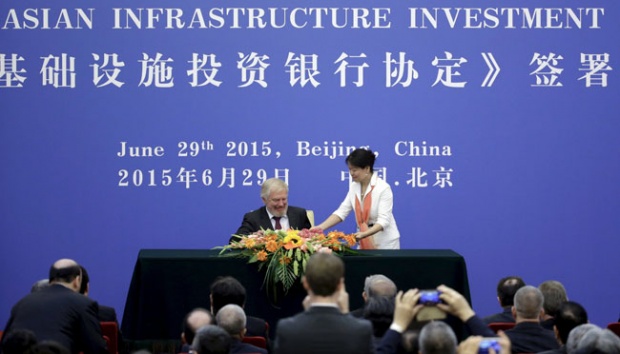
Russia's delegate prepares to sign the articles of agreement of the Asian Infrastructure Investment Bank (AIIB) at the Great Hall of the People, in Beijing, June 29, 2015. China will hold a 30.34 percent stake in the Asian Infrastructure Investment Bank (AIIB), the Finance Ministry said on Monday, making Beijing the largest shareholder in a bank that is expected to project the country's growing influence. REUTERS/Jason Lee
TEMPO.CO, Jakarta - The Asian Infrastructure Investment Bank (AIIB) will finance three potential projects in Indonesia, namely Sumatra toll road, power plants, and dam maintenance and operation. “It’s been planned,” AIIB vice president Luky Eko Wuryanto told Tempo last week.
Lucky said that the AIIB has held talks with the government on the amount of financing. The funds to finance dam operations and Java 7 power plants are readily available this year. “[The fund for] Sumatra toll road [project] will be disbursed by 2018.”
The AIIB had earlier disbursed US$216 million (Rp2.8 trillion) to finance development of slum areas and US$100 million (Rp1.3 trillion) for regional infrastructure development.
Operation and maintenance of dams will cost US$300 (Rp4 trillion), whereas the projects of the toll road and power plant construction will cost US7.5 billion (Rp100 trillion) and US$1.8 billion (Rp23.4 trillion).
Luki said that the AIIB will open a representative office in Indonesia to finance potential government projects included in the Blue Book.
Basah Hernowo, Director for Financing System and Procedures, the National Development Planning Agency, said that foreign loans are the easiest solution to funding development projects. Indonesia can only generate Rp1,978.6 trillion from Rp4,796.2 trillion needed for development projects in the next five years.
ANDI IBNU
http://en.tempo.co/read/news/2017/01/02/056831789/AIIB-to-Finance-Three-Indonesian-Projects
Thanks to AIIB-Asian Infrastructure Investment Bank for your help to support Indonesia's Development
AIIB to Finance Three Indonesian Projects

Russia's delegate prepares to sign the articles of agreement of the Asian Infrastructure Investment Bank (AIIB) at the Great Hall of the People, in Beijing, June 29, 2015. China will hold a 30.34 percent stake in the Asian Infrastructure Investment Bank (AIIB), the Finance Ministry said on Monday, making Beijing the largest shareholder in a bank that is expected to project the country's growing influence. REUTERS/Jason Lee
TEMPO.CO, Jakarta - The Asian Infrastructure Investment Bank (AIIB) will finance three potential projects in Indonesia, namely Sumatra toll road, power plants, and dam maintenance and operation. “It’s been planned,” AIIB vice president Luky Eko Wuryanto told Tempo last week.
Lucky said that the AIIB has held talks with the government on the amount of financing. The funds to finance dam operations and Java 7 power plants are readily available this year. “[The fund for] Sumatra toll road [project] will be disbursed by 2018.”
The AIIB had earlier disbursed US$216 million (Rp2.8 trillion) to finance development of slum areas and US$100 million (Rp1.3 trillion) for regional infrastructure development.
Operation and maintenance of dams will cost US$300 (Rp4 trillion), whereas the projects of the toll road and power plant construction will cost US7.5 billion (Rp100 trillion) and US$1.8 billion (Rp23.4 trillion).
Luki said that the AIIB will open a representative office in Indonesia to finance potential government projects included in the Blue Book.
Basah Hernowo, Director for Financing System and Procedures, the National Development Planning Agency, said that foreign loans are the easiest solution to funding development projects. Indonesia can only generate Rp1,978.6 trillion from Rp4,796.2 trillion needed for development projects in the next five years.
ANDI IBNU
http://en.tempo.co/read/news/2017/01/02/056831789/AIIB-to-Finance-Three-Indonesian-Projects
Thanks to AIIB-Asian Infrastructure Investment Bank for your help to support Indonesia's Development


